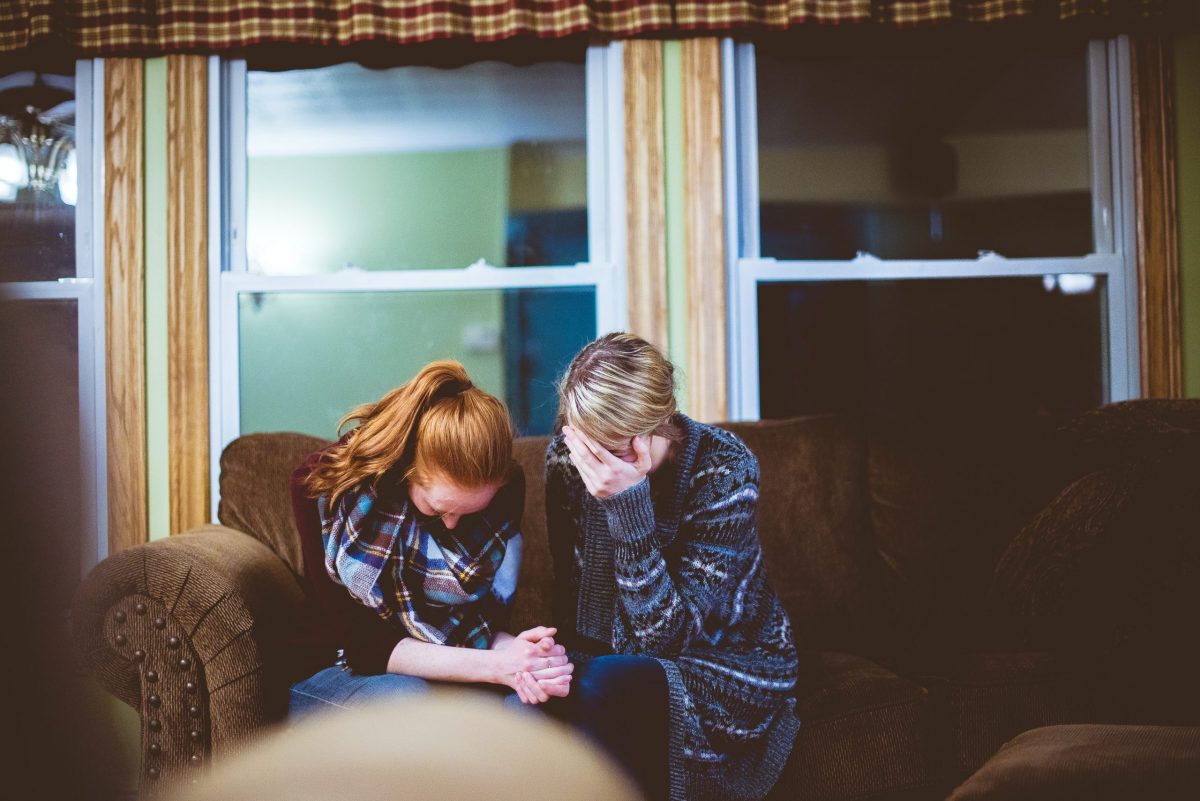Grief affects people in different ways. Over the years as a bereavement and loss therapist in Beaconsfield, I have seen how some bereaved people feel angry, or extremely depressed, while others go numb. Sometimes we get to a point where we don’t know what to feel. From the outside, however, many assumptions are made about how a person must be feeling after a painful loss, which can often do more harm than good.
Despite having solely good intentions, we can often say or do the wrong thing for someone who is grieving. And if you are the one who is grieving, it may be that you are beating yourself for not grieving in the ‘right way’ – whatever that means. To help people on both sides of the fence, here are three mistakes people frequently make when it comes to the subject of grief.
Grief is Not Linear
We immediately assume that grief is at its worst right after someone dies, before slowly getting better with time and never reappearing again. But grief is not linear in this way all the time. While this may be the case for some people, others can have a markedly different experience. A person may feel okay for months, perhaps years, only for the pain to resurface out of nowhere. There is no set time for when grief disappears; it can show up at any time in a person’s life, or not at all.
Talking About Grief Makes Things Worse
It is often thought that talking about one’s grief, or the person who has died, has a negative impact on that person. They may believe that doing so opens up old wounds and has the effect of ‘retraumatising’ them, because it brings back the same painful emotions over and over again. Instead, people keep these thoughts and feelings to themselves, which only makes the situation worse. They warp and inflate inside your head and cause additional problems. And so, while talking about grief is hard, doing it in a private, comfortable setting with an experienced professional can have a powerful unburdening effect. You have a dedicated space to explore these emotions and, as a result, reduce the impact they have on your daily thought patterns.
We ‘Get Over’ Someone Dying
Another common misconception about grief is that it has some kind of ‘expiry date’. People say that ‘time is the great healer’, but that is not always true. Sometimes, time does not heal the pain you suffered from losing a person close to you. You might lose someone extremely important, like a child, parent, partner, or best friend. That grief you feel never fully goes away.
We like to think that grief slowly gets smaller over time. In reality, the size of the grief stays the same, and life eventually gets bigger around it.
Sometimes, talking to friends or family about grief can be hard – or perhaps impossible. As a bereavement and loss therapist in Beaconsfield, I give you a safe, private, non-judgmental space to talk through these feelings in any way you see fit. Feel free to give me a call at any time and we can arrange an initial session.

